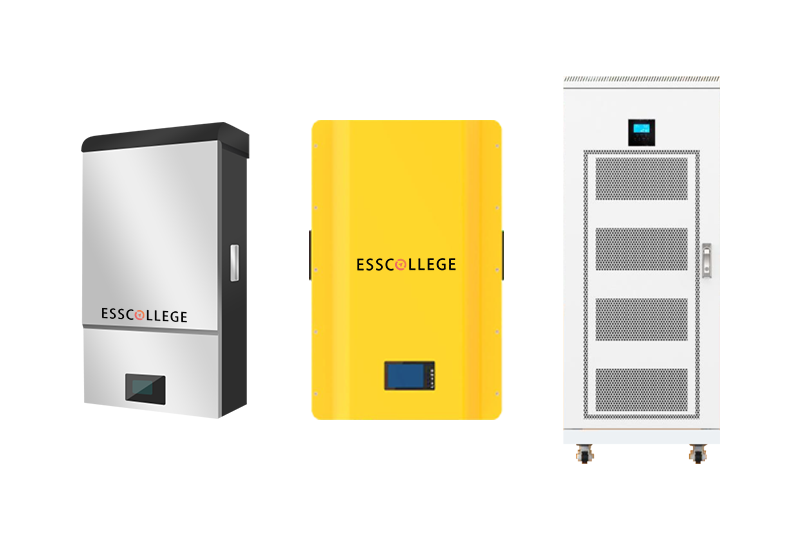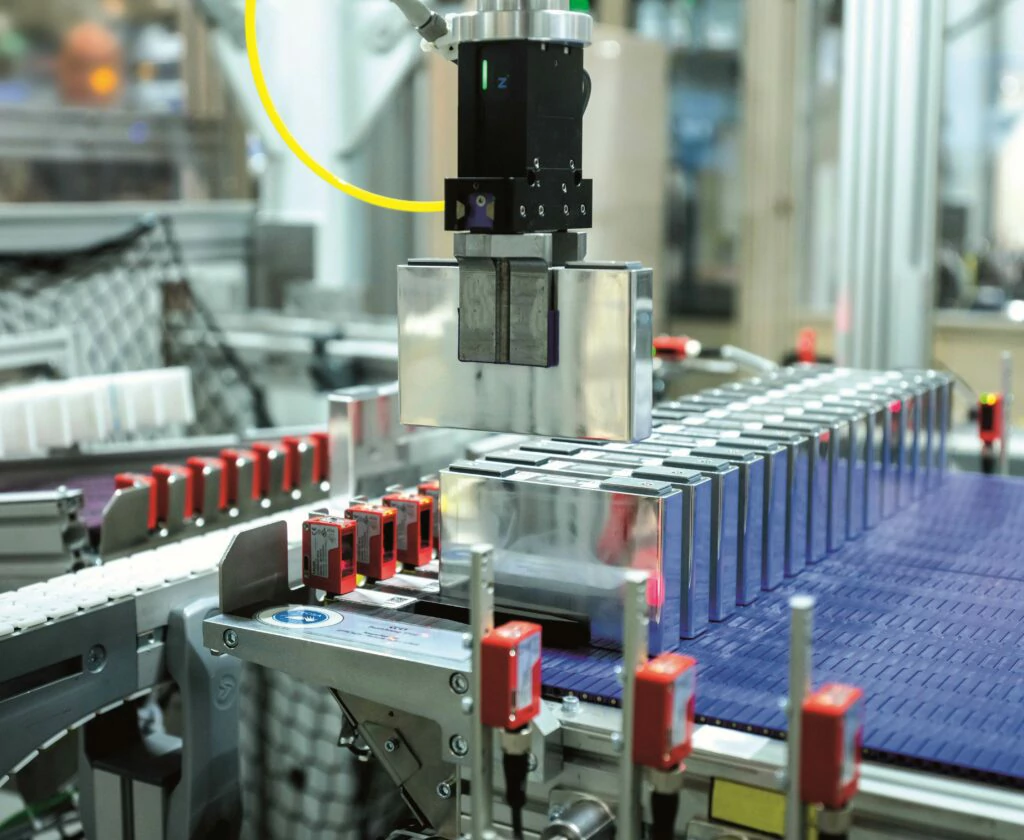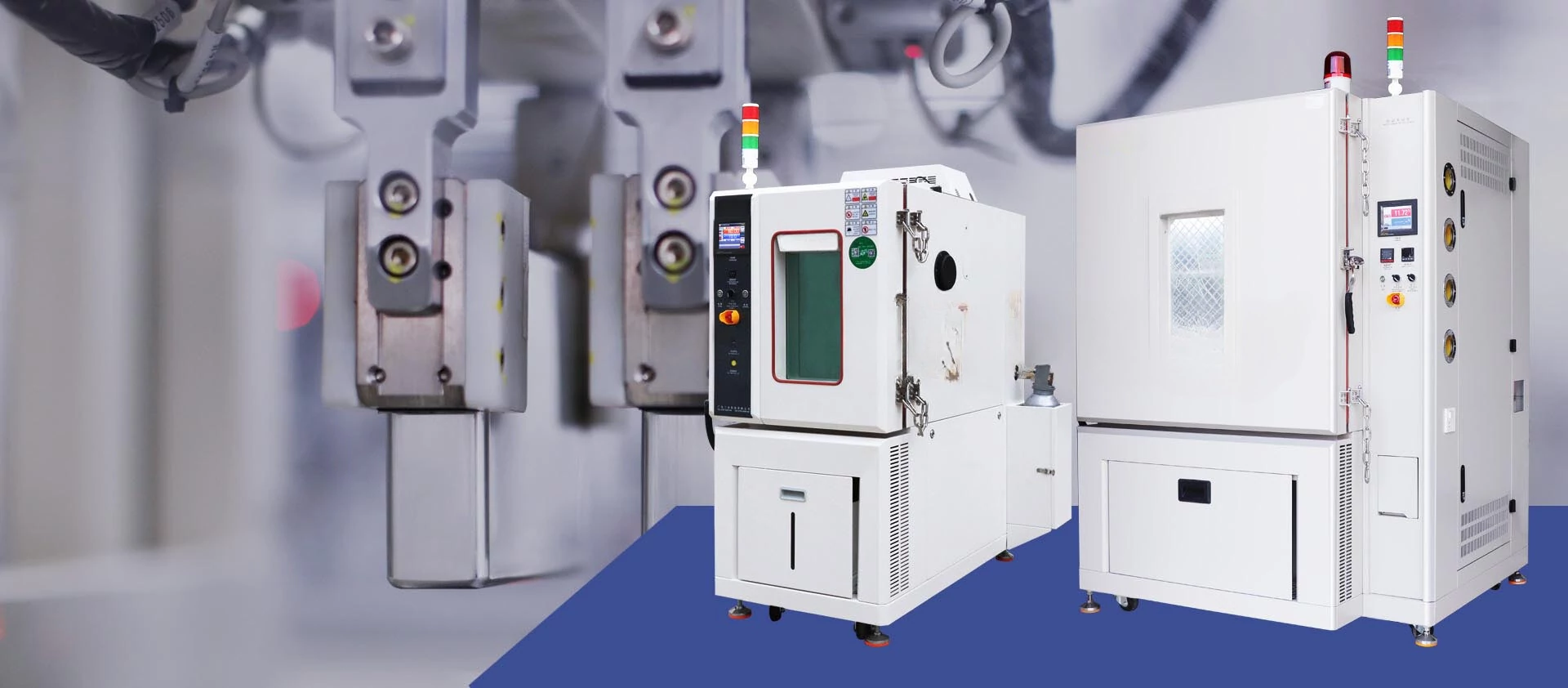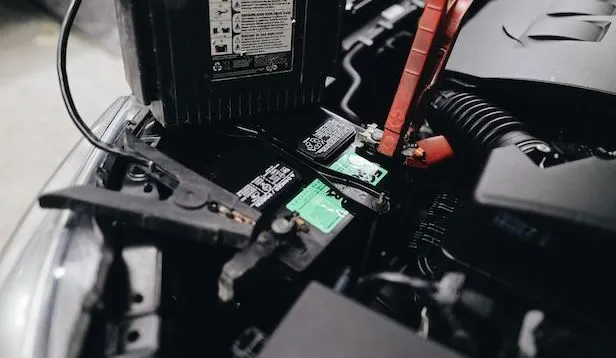Roll pressure After coating and drying, the stripping high strength...
Cell capacity
Cell Capacity is an important parameter in battery technology, which is directly related to the storage capacity of the battery and the service time of the device. In modern battery technology, the cell capacity is usually expressed in ampere-hours (Ah) or milliampere hours (mAh). In this paper, the definition, influencing factors, measurement methods and importance in practical applications of battery cell capacity will be deeply discussed.
definition
Cell capacity refers to the total amount of charge that a battery can provide under specified discharge conditions. In simple terms, it reflects the battery's ability to store electrical energy. The unit of cell capacity is usually ampere-hour (Ah) or milliampere-hour (mAh), where 1Ah is equal to 1000mAh.
For example, a 2000mAh battery cell can discharge at a current of 2000mA in one hour, or at 100 mA in 20 hours. The cell capacity directly affects the service time and performance of battery-powered devices.
The importance of core capacity
Cell capacity plays a key role in many electrical devices and systems:
Extended use time: The larger the capacity, the longer the device can be used without charging. For example, smartphones, power tools, and electric vehicles, among others, rely on sufficient power to sustain their operating hours.
Performance stability: Reasonable cell capacity helps the device to maintain a stable current output in different working conditions, thereby improving the overall performance.
Energy efficiency: Cells with larger capacity are usually able to provide higher energy efficiency under the same conditions, reducing the need for charging.
Factors affecting the capacity of the battery core
Core capacity is affected by many factors, mainly including:
Battery chemistry: Different types of batteries (such as lithium-ion batteries, nickel-metal hydride batteries, lead-acid batteries, etc.) have different energy densities and energy storage capabilities. Lithium-ion batteries typically have high energy density and are therefore able to provide greater capacity with a relatively small volume and weight.
Design and manufacturing process: The design (such as electrode material, diaphragm, structure, etc.) and manufacturing accuracy of the cell will affect the actual capacity of the battery. High-quality materials and advanced manufacturing processes can often improve battery performance and capacity.
Temperature and environmental conditions: Temperature has a significant impact on the discharge performance of the battery. At extremely high or low temperatures, the capacity of the battery may be reduced. Therefore, the impact of the operation and storage environment cannot be ignored.
Charge and discharge rate: The charge and discharge rate of a battery also affects its available capacity. At higher discharge rates, the battery may not be able to release its nominal capacity, resulting in lower charge than expected when actually used.
Battery aging: As the cycle life increases, the battery will experience performance degradation and its capacity will gradually decrease, which is called "capacity exhaustion". This is an important issue to pay attention to in battery life management.
Measurement of core capacity
The capacity of the cell is usually tested by the following methods:
Constant discharge current method: constant discharge current is used until the battery voltage drops to the specified termination voltage, and the capacity of the battery core is calculated according to the discharge time and current.
Constant voltage charging method: During the charging process, a constant voltage is maintained and the charging time is calculated to evaluate the charging capacity of the cell.
C-rates measurement: This is usually measured in units of C, such as 1C for full discharge within 1 hour and 2C for discharge within half an hour. A more complete picture of the performance of the cell can be obtained by testing the capacity at different C-rates.
Cell capacity refers to the total amount of charge that a battery can provide under specified discharge conditions. In simple terms, it reflects the battery's ability to store electrical energy. The unit of cell capacity is usually ampere-hour (Ah) or milliampere-hour (mAh), where 1Ah is equal to 1000mAh.
Practical application of cell capacity
Battery cell capacity plays an important role in several areas, including:
Renewable energy: In solar and wind systems, the capacity of battery packs determines the flexibility of energy storage and supply.
Consumer electronics: such as smartphones, tablets, and laptops, etc., require high capacity to support long periods of use.
Electric vehicles: The range of electric vehicles is directly related to the battery cell capacity, and a larger capacity means a longer driving distance.
Industrial and Medical devices: In many industrial applications and medical devices, the cell capacity affects the continuous operation time and reliability of the device.
Conclusion
Battery cell capacity is an important bridge between battery technology and practical applications, which affects the performance and user experience of batteries. With the continuous development of technology, battery manufacturers are focusing on increasing cell capacity and energy density to meet the increasing energy demand. Understanding the cell capacity and its influencing factors has important guiding significance for the design, selection and use of batteries. With the evolution of battery technology, giving full play to the advantages of battery cell capacity will promote the development of various devices to be more efficient, convenient and sustainable.

Home energy storage product series
A lithium battery pack for home energy storage systems, which is compatible with solar panels and the sun The inverter can work together with the power grid to power household appliances, and it can also be used as a For off grid systems.
Extended reading
Charging and discharging efficiency test of single battery
Charging and discharging efficiency test of single battery The charging...
THE ESSC Brand promise
Global supply
Our products sell well all over the world, covering many countries and regions, through the global logistics network, to provide customers with convenient purchasing experience.
Rigorous quality
We adhere to the highest quality control standards to ensure every product meets industry regulations and customer expectations, earning trust through consistent excellence.
Excellent service
With a customer-centric approach, we provide prompt responses, professional support, and personalized services, aiming to deliver the best user experience and long-term value.


